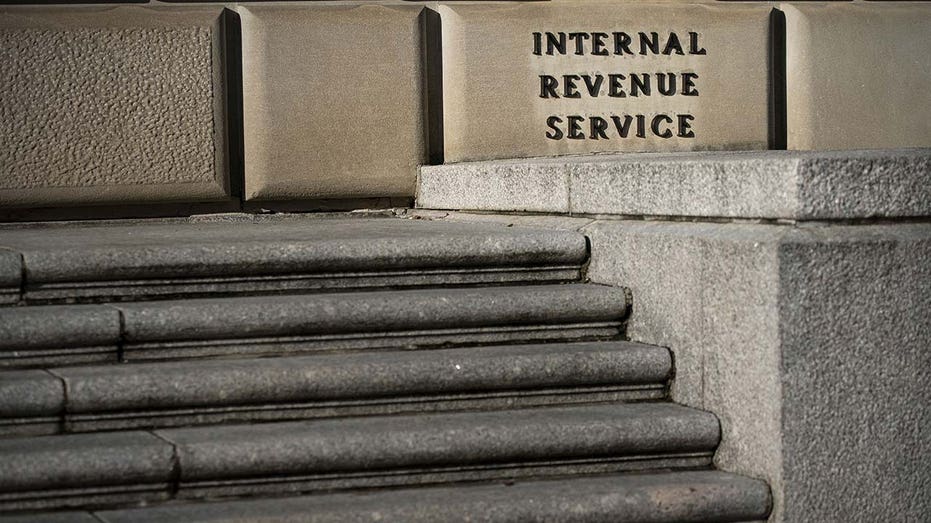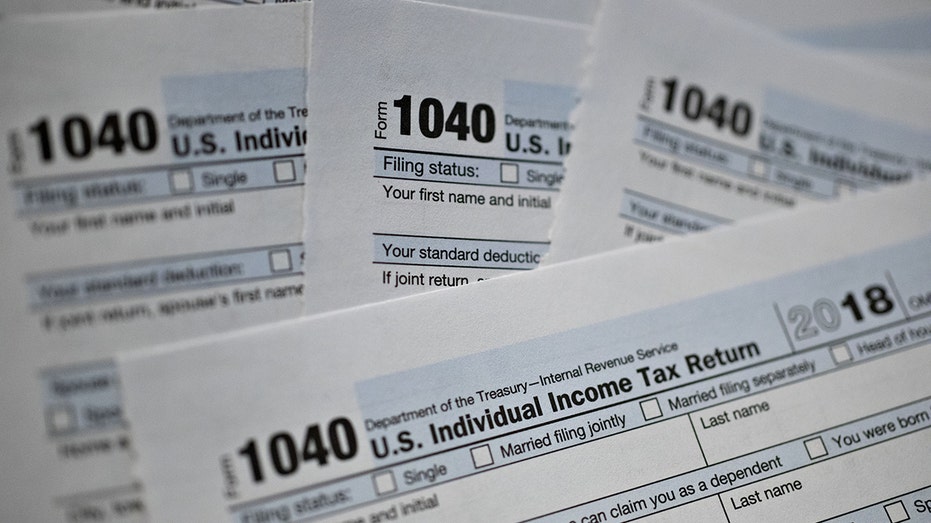IRS sets higher tax brackets, standard deduction for 2023 as inflation rages
Higher tax thresholds could put more money into Americans' pockets
Biden inflation is vaporizing America's savings: Steve Moore
'Trumponomics' author Steve Moore discusses the president's economic policies, telling 'Cavuto: Coast to Coast' job number one for Republicans after midterms is reducing government spending.
The Internal Revenue Service this week announced higher inflation adjustments for the 2023 tax year as it takes into account the relentless increase in the cost of basic goods like food, rent and gasoline.
The higher limits for the federal income tax bracket and standard deductions are intended to avoid a phenomenon known as "bracket creep," which happens when taxpayers are pushed into higher-income brackets even though their purchasing power is essentially unchanged due to steeper prices for most goods.
The IRS makes such adjustments annually, but in times of painfully high inflation, the increases are more significant and impactful for taxpayers. The government reported last week that the consumer price index, which measures a basket of everyday goods, rose 8.2% in September, much faster than expected. Core prices, excluding gasoline and food, jumped 6.6%, the fastest since 1982.
This year, the tax brackets are shifting higher by about 7%.
INFLATION SURGED MORE THAN EXPECTED IN SEPTEMBER AS PRICES REMAIN PAINFULLY HIGH

The IRS makes adjustments annually, but in times of painfully high inflation, the increases are more significant and impactful for taxpayers. (Al Drago/Bloomberg via Getty Images / Getty Images)
The higher thresholds where tax rates take effect could mean savings for millions of Americans across all income brackets.
Here are the changes unveiled by the IRS on Tuesday. The inflation-adjusted elements will apply to the 2023 tax year, meaning returns filed in 2024.
Standard deduction
The standard deduction, which reduces the amount of income you must pay taxes on, is claimed by a majority of taxpayers.
It will rise to $27,700, up from $25,900, in 2023 for married couples filing jointly, roughly a 7% bump. For individuals, the new maximum will be $13,850 for 2022, up from $12,950, the IRS said.
FED BARRELS TOWARD ANOTHER 75 BASIS POINT RATE HIKE AS HIGH INFLATION PERSISTS
Heads of households will see their standard deduction jump to $20,800 in 2023 from $19,400, an increase of about 7.2%.

The higher thresholds where tax rates take effect could mean savings for millions of Americans across all income brackets. (Daniel Acker/Bloomberg via Getty Images / Getty Images)
Tax brackets for single individuals:
The IRS is increasing the tax brackets by about 7% for both individual and married filers across the different income spectrums. The top tax rate remains 37% in 2023.
- 10%: Taxable income up to $11,000 or less
- 12%: Taxable income over $11,000
- 22%: Taxable income over $44,725
- 24%: Taxable income over $95,375
- 32%: Taxable income over $182,100
- 35%: Taxable income over $231,250
- 37%: Taxable income over $578,125
Tax brackets for joint filers:
- 10%: Taxable income up to $22,000
- 12%: Taxable income over $22,000
- 22%: Taxable income $89,450
- 24%: Taxable income $190,750
- 32%: Taxable income $364,200
- 35%: Taxable income $462,500
- 37%: Taxable income over $693,750
Other tax provisions
GET FOX BUSINESS ON THE GO BY CLICKING HERE
The IRS increased the thresholds for several other provisions, including the earned income tax credit amount, with families now eligible to receive $7,430 if they have three or more qualifying children. That is up from $6,935 for tax year 2022.
Employees can also contribute more to their health flexible spending accounts, with the maximum contribution rising to $3,050.





















